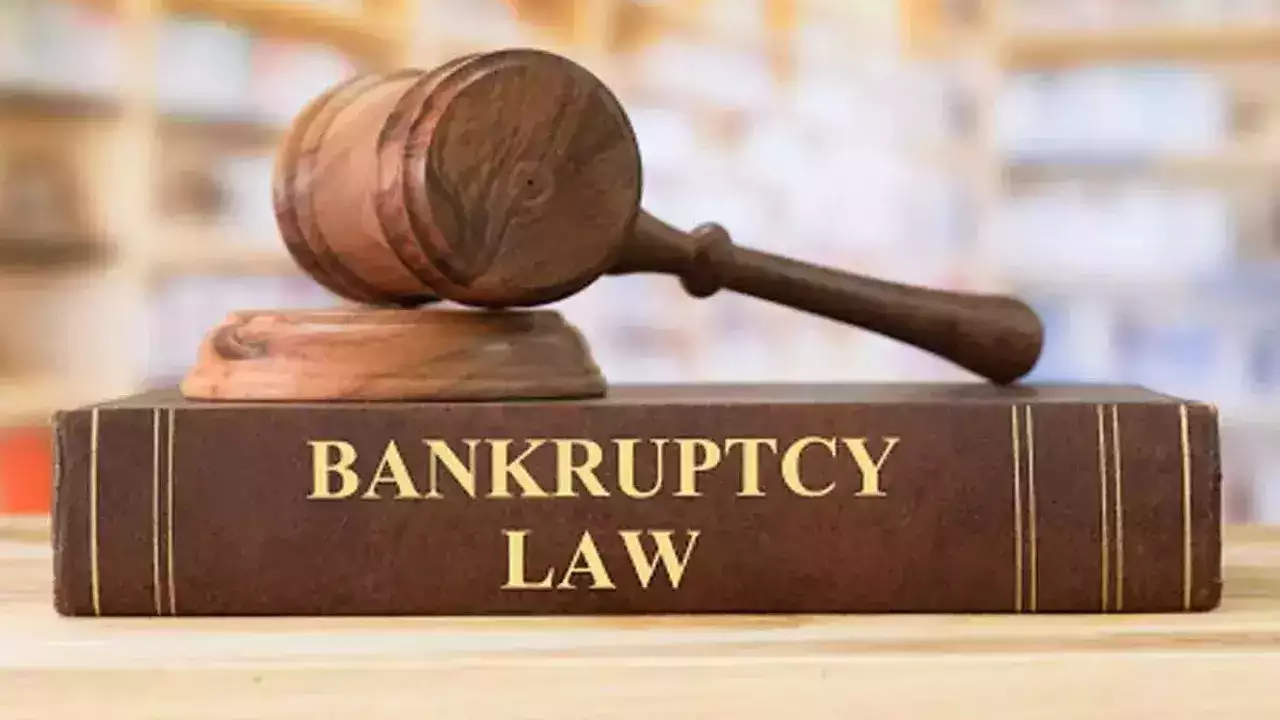Insolvency regulator, IBBI, proposes to stipulate mandatory audit of Insolvency Resolution Process Costs (IRPC) in resolution cases where the assets of the corporate debtor (CD) is in excess of ₹ 100 crore.
About Insolvency and Bankruptcy Board of India (IBBI):
- It was established on 1st October 2016 under the Insolvency and Bankruptcy Code (IBC), 2016.
- It is responsible for the implementation of the IBC. The IBC amends and consolidates the laws relating to insolvency resolution of individuals, partnership firms and corporate persons in a time-bound manner.
- Functions:
- The IBBI regulates professionals as well as processes.
- It has regulatory oversight over the insolvency professional agencies, insolvency professional entities, insolvency professionals and information utilities.
- It enforces rules for processes of corporate insolvency resolution, individual insolvency resolution, corporate liquidation and individual bankruptcy under the IBC.
- It specifies the minimum eligibility requirements for registration of insolvency professional agencies, insolvency professionals and information utilities and curriculum for the qualifying examination of the, insolvency professionals for their enrolment.
- It collects and maintains records relating to insolvency and bankruptcy cases and disseminate information relating to such cases.
- Constitution: The Board consists of the following members who are appointed by the Central Government,
- A Chairperson.
- Three members from among the officers of the Central Government equivalent or not below the rank of a Joint Secretary. Out of the three members, each will represent the Ministry of Finance, Ministry of Corporate Affairs and Ministry of Law, ex -officio.
- One member nominated by the RBI (Reserve Bank of India), ex-officio.
- Five other members nominated by the Central Government, out of which at least three should be whole-time members.
- The term of office of the Chairperson and members (other than ex-officio members) is five years or until they attain sixty-five years, whichever is earlier, and they are eligible for re-appointment




